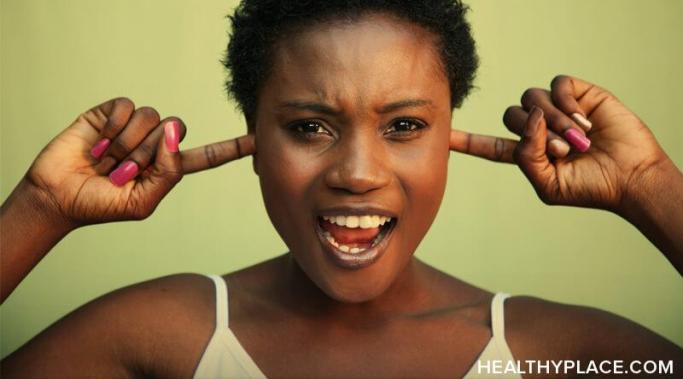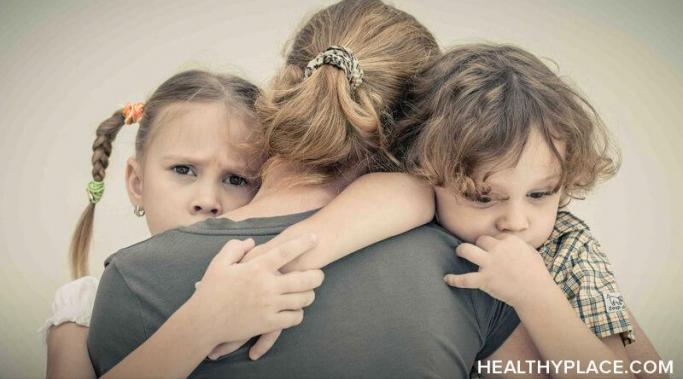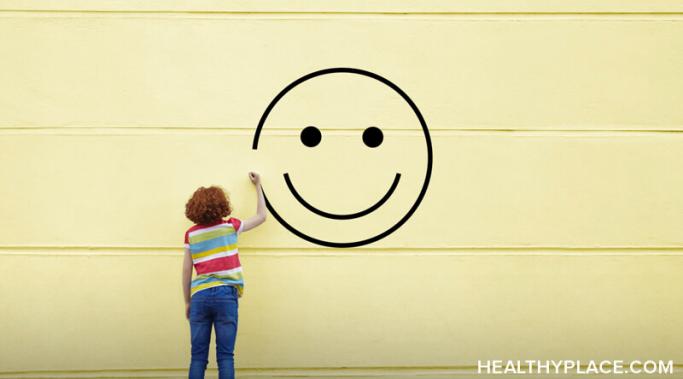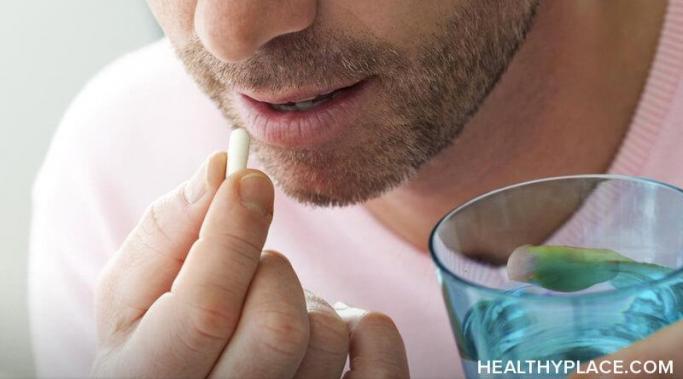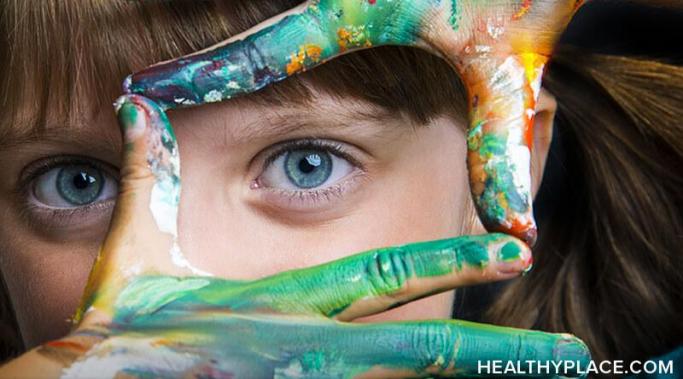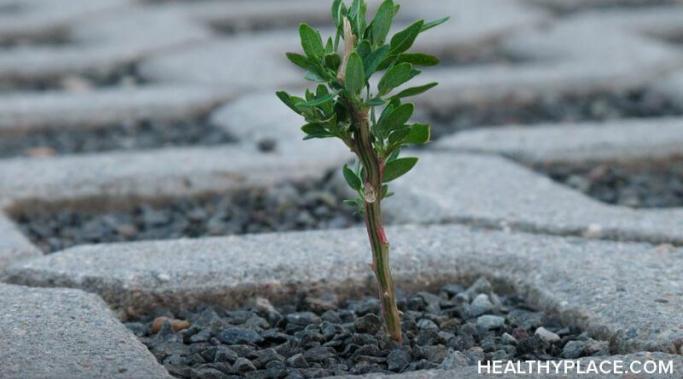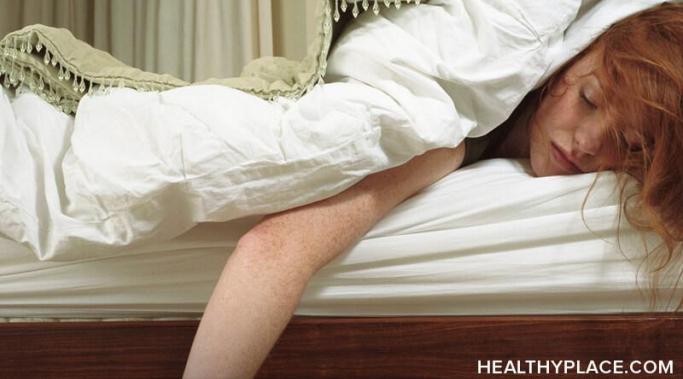It might sound simple, but knowing how to process emotions instead of reacting to them has been a huge part of my mental health recovery journey. My automatic instinct when I feel any emotion is to react to it with another emotion. Then I react to that emotion, and the cycle continues until I have gotten myself truly worked up and the original emotion has been buried beneath layers of confusion and shame. Clearly this isn't the healthiest method for dealing with emotions. Through therapy and journaling, I'm learning to process my emotions instead of reacting to them.
Self-care - Recovering from Mental Illness
What is the aftermath of toxic relationships? In general, I am a positive person who can see the good in people, but I recently went through a tough situation with a person that left me questioning how I cope with stress and handle social interactions. This person is no longer around me but this situation has had a big impact on my life. I want to share the things that I've learned.
My daughter is only three years old, but I already worry that she might experience some of the same mental health issues I did growing up. There are some signs I want to look for.
I have recently quit drinking. Drinking has negatively impacted my life for the past few months and I decided to stop a couple weeks ago. I am hoping this will put me on a path to a healthier life both mentally and physically.
Let's face it -- getting through the day with a mental illness can sometimes feel like an uphill battle, so having good mental health habits is priority one. My biggest challenge is avoiding stress-induced mental illness symptoms. It helps to go day-by-day, step-by-step, and to remember my priorities. Here are a few everyday habits I have developed to keep my recovery on track.
Remembering my medication at this point in my life and mental health recovery is very important. I accept that I need psychiatric medication to function. That can be a hard thing to admit sometimes. I'm at a place where I have a lot going on in my life and I feel it would fall apart if I didn't take my medication. Long story short -- my medication is extremely important.
Using creative projects for mental illness recovery helps me immensely. The arts have played an integral part in my recovery from schizoaffective disorder. It all started with a five-week stay at a treatment center where I received my initial diagnosis. There was a lot of downtime at the center and I was frequently digging through their stash of art supplies. I had frightening visual hallucinations and found it very therapeutic to draw them.
Emotional resilience is very important to a person's wellbeing. It is a way to describe how well you mentally bounce back from upsetting situations and events. Resilience can be crucial in mental illness recovery where stress can aggravate symptoms. Being able to better handle stress improves stability.
I've struggled a lot with getting a good night's sleep. Almost every night I laid awake with my racing, anxious thoughts. I was exhausted physically, but couldn't quiet my mind. Once I finally fell asleep it wasn't for long. I would get up several times throughout the night. Some days I couldn't keep my eyes open at work. I would find a way to take a nap if at all possible. My situation felt desperate so I have been on a quest the past several months to discover ways to get a good night's sleep.
A few months ago I underwent eye muscle surgery to better align my eyes. This is a problem I have struggled with since birth, so it really gave my confidence a boost to look in the mirror and see straight eyes. The surgery was elective and something I really had to ask for.
